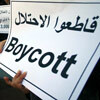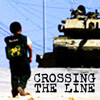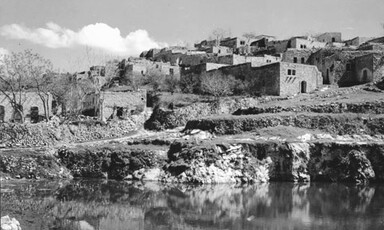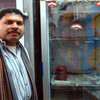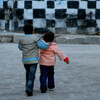
Anti-Arab racism and incitement in Israel
30 March 2008
Israeli society is in the grip of a wave of unchecked racism and incitement that seriously threatens Israel’s Palestinian community and the long-term prospects for regional peace. This Palestine Center briefing by Ali Abunimah examines societal and institutional racism and incitement by public figures against Israel’s Arab population and considers some policy implications. Read more about Anti-Arab racism and incitement in Israel

